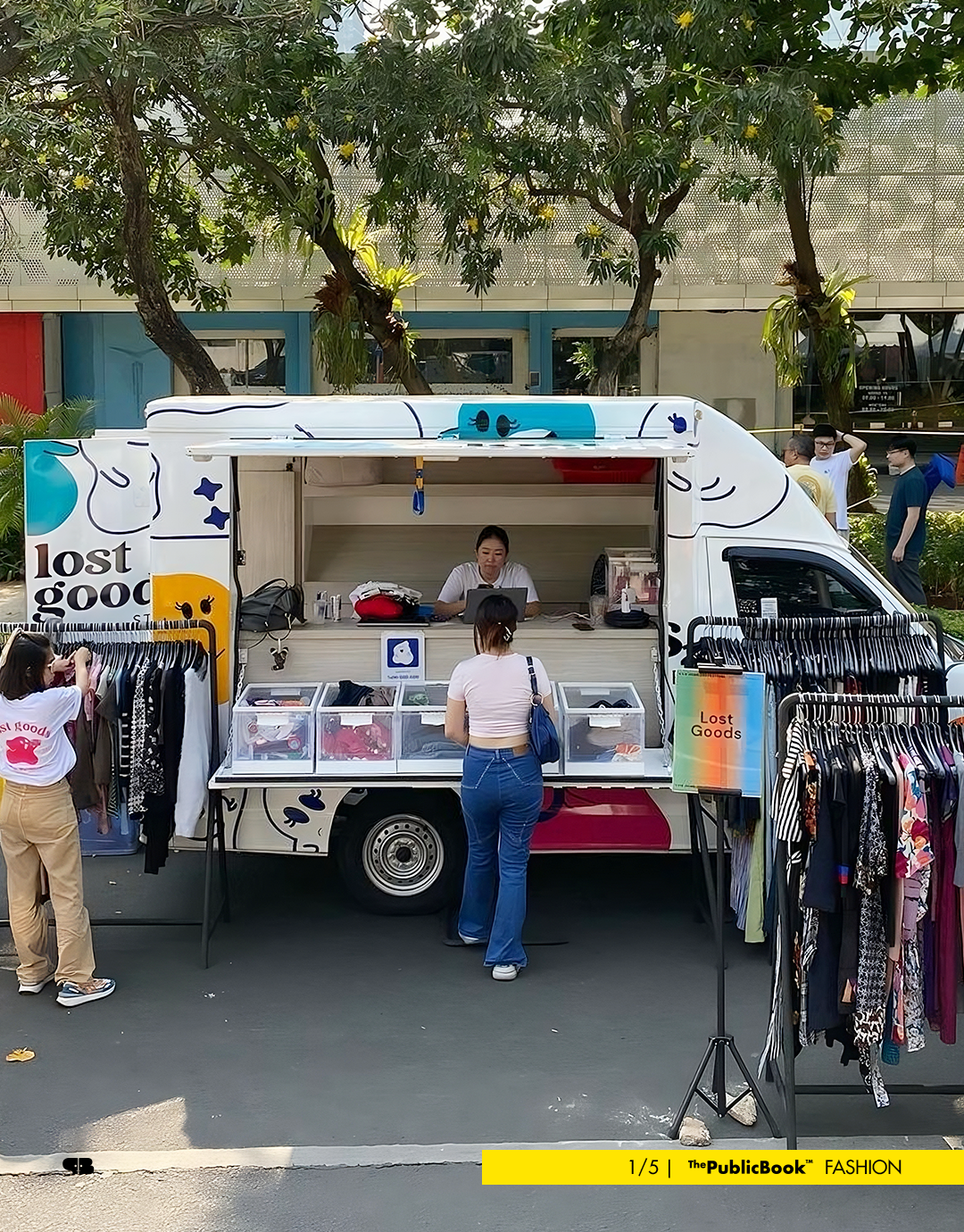- TPB: Can you tell us a little bit about your background?
A: I have been writing about food since 2001. For about seven years, I also hosted a food-themed radio program titled “Food For Fun” on Female Radio Jakarta. Along the way, I wrote about music and culture for MTV Trax magazine and other publications, while my time as a road manager for some rock bands took me across Indonesia and exposed me to diverse culinary cultures. Over time, my passion led me to identify myself as a Culinary Storyteller.
- TPB: What started your passion for cooking and Indonesian cuisine?
A: I was raised in a foodie family, where I was constantly introduced to a wide variety of foods and taught not to be picky, but rather to be open to trying everything. When I first started writing about food in 2001, most of my writing consisted of restaurant and café reviews. However, as I traveled more and explored local cuisines, I realized how little I knew about Indonesian cuisine. That realization sparked a deeper interest in learning about and celebrating our culinary traditions.
- TPB: What message are you trying to convey through your works?
A: I believe that it is important for us, as Indonesians, to truly understand our own identity, and one way to do that is by getting to know our culinary heritage. Food carries history, traditions, and stories about what has shaped Indonesia. Through my work, I hope to remind people of that.
- TPB: What do you think about Indonesian food going global? What are the challenges, and what should have been done?
A: The biggest challenge is the difficulty of finding authentic Indonesian ingredients abroad. When people try to recreate Indonesian cuisine using substitute ingredients, the taste will never be the same. That is why government support is crucial—especially in facilitating the export of spices and basic seasonings overseas. This will help the diaspora community and Indonesian restaurants abroad maintain authenticity without having to face high labor costs, such as peeling and preparing ingredients from scratch. Greater government involvement in this area will make a significant difference.
- TPB: Why is it important that we learn to cook Indonesian cuisine?
A: When it comes to cooking, people are always best at introducing their culinary heritage. Foreign chefs excel at their cuisine because they have known it since childhood. So, for us Indonesians, the best starting point is our kitchen—our culinary traditions—before we introduce them to a wider audience.
- TPB: What is your plan in the near future?
A: I plan to continue doing what I have been doing: documenting, promoting, and telling stories about Indonesian culinary traditions. In the past, I mainly did this through the food itself, but lately, I have shifted to creating experiences. In addition to hosting dining events where I cook, I have also started inviting guests to come to Indonesia and explore local cuisine firsthand. What fascinates me most is the diversity—from one region to another, each culinary tradition tells a different story.
Quotes
“Every dish tells a different story—because from one region to another, the diversity of Indonesian cuisine is endless.”




